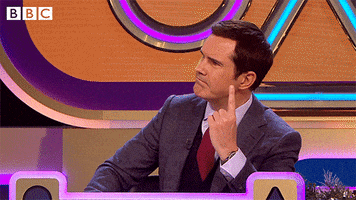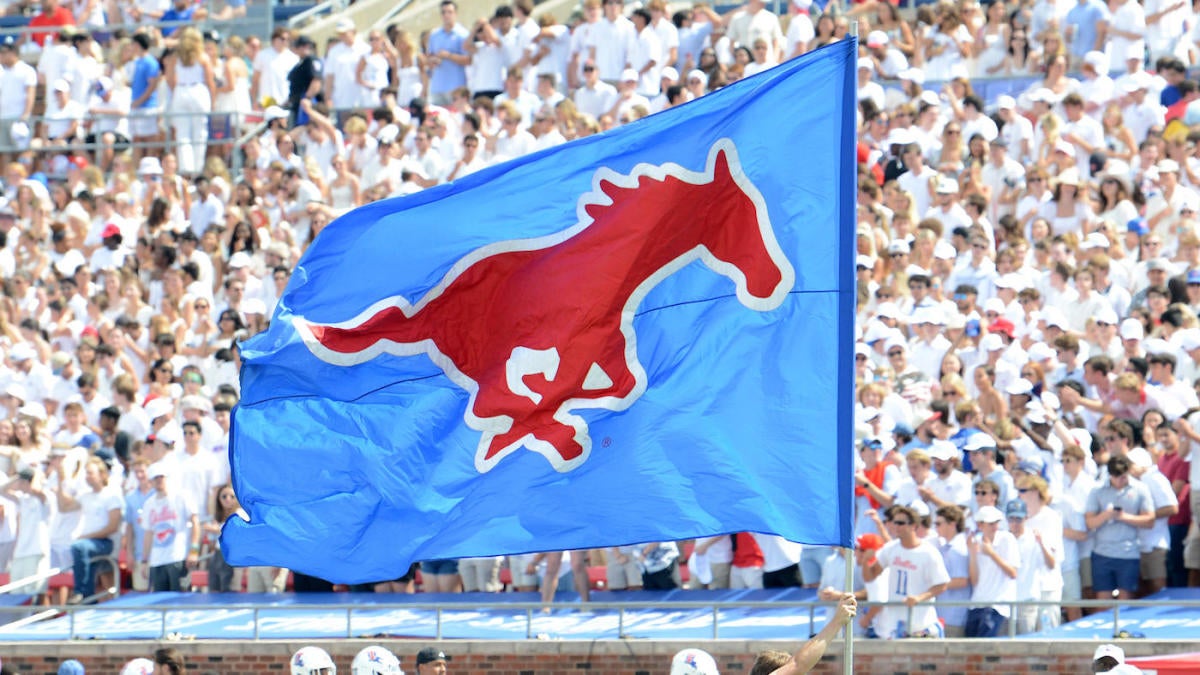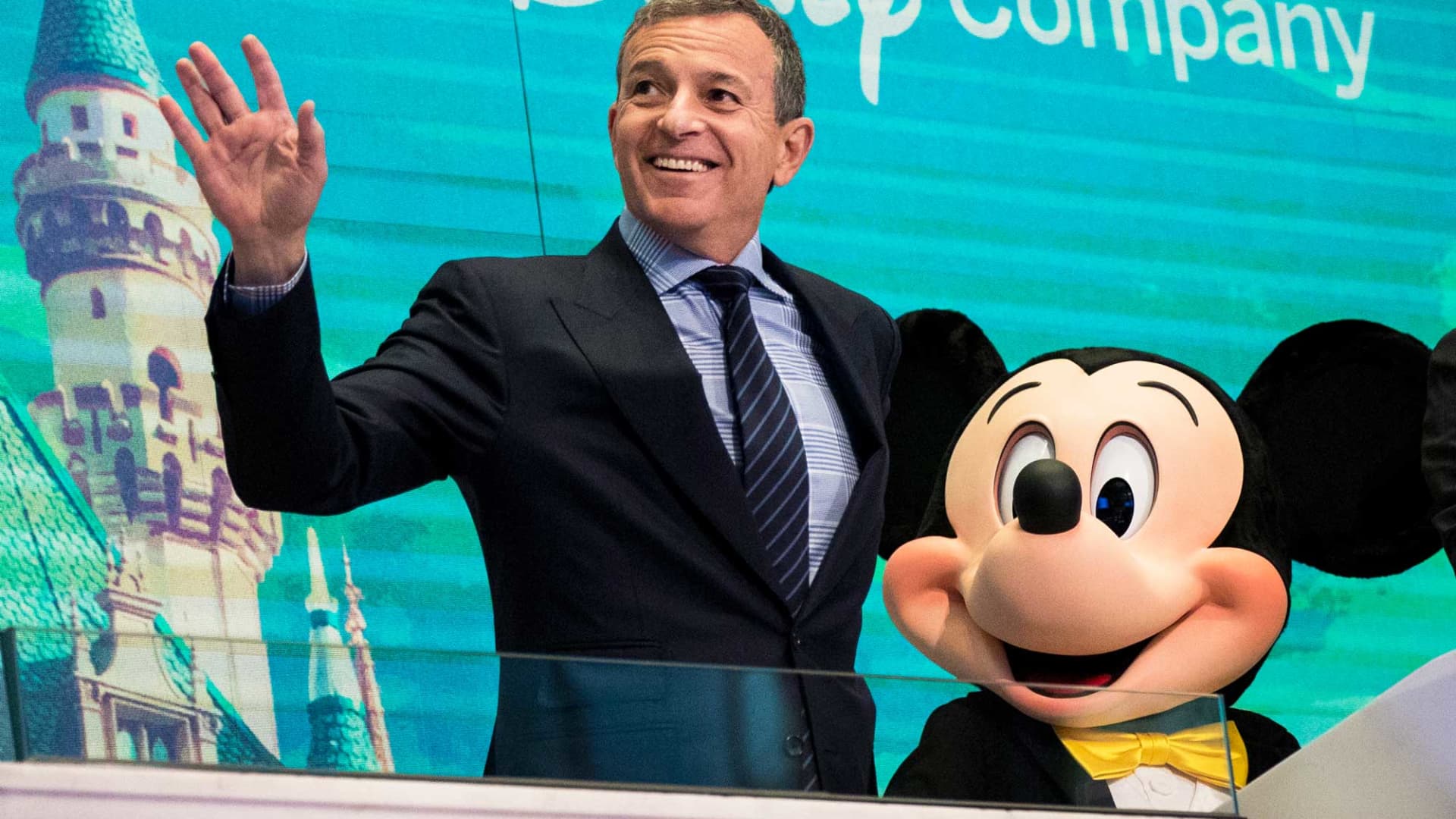Interesting article on Disney/ABC/ESPN
The price Disney fetches for its legacy media assets is less important than the message behind a deal.

www.cnbc.com
“Disney almost has a good bank and a bad bank at this point,” Wells Fargo analyst Steven Cahall said
in a CNBC interview. “Streaming is its future. It’s its strongest asset, next to the parks. The linear business is something Disney has clearly signaled is going to be in decline. They’re not looking to necessarily protect it. If they can move some of that lower, negative-growth business off of the books and to a better, more logical operator, we think that’s good for the stock.”
Nexstar has held preliminary conversations with Disney to acquire ABC and its owned and operated affiliates, Bloomberg
reported Thursday. Media mogul Byron Allen has made a preliminary offer to pay $10 billion for ABC and its affiliates along with cable networks FX and National Geographic, according to a person familiar with the matter.
The value of broadcast and cable networks has significantly declined from the 1990s and early 2000s as tens of millions of Americans have canceled cable in recent years.
ESPN has a valuation of about $30 billion, according KeyBanc Capital Markets analyst Brandon Nispel, “though
we view it as a melting iceberg,” he added in a September note to clients.
LightShed analyst Rich Greenfield values ESPN at closer to $20 billion.
Disney would
like to keep a majority stake in ESPN, Iger told CNBC. It currently owns 80% of the sports media business, and Hearst owns the other 20%.
About 10 years ago, analysts valued ESPN at around $50 billion.
But divesting the ABC network would be a bold statement by Disney that it sees no future in the broadcast cable world of content distribution.
“The sports business stands tall and remains a good value proposition,” Iger said last month during Disney’s third-quarter
earnings conference call. “We believe in the power of sports and the unique ability to convene and engage audiences.”
There’s clear value, at least for the next few years, in keeping a large broadcast network for major sports leagues. NBCUniversal executives hope ownership of the NBC network
will convince the NBA that it should be cut into a new rights agreement to carry NBA games. NBC is a free over-the-air service and can increase the league’s reach, they plan to argue. Even if the world is transitioning to streaming, millions of Americans
still use digital antennas to watch TV.
Currently, ESPN and ABC split sports rights.
Selling ABC may trigger certain change-of-control provisions that force existing deals with pay TV operators or the leagues to be rewritten, according to people familiar with typical language around such deals.
Moving on from the network also may obstruct ESPN’s ability to land future sports rights deals. Without ownership of ABC, leagues may choose to sell rights to other companies, thus further weakening ESPN.
If Iger is true to his word and Disney stays in the sports broadcasting business, the company will have to weigh the negative externalities of losing ABC with the positive gains of showing investors it’s serious about shedding declining assets.
If Disney does land a deal to sell ABC, and investors cheer the move, it may also function as a catalyst for other large legacy media companies to sell their declining assets.
NBCUniversal,
Paramount Global and
Warner Bros. Discovery all have legacy broadcast and cable networks in addition to their flagship streaming services.
“We see this as a real bullish sign at Disney.” said Cahall. “There’s a lot going on now at Disney, between ESPN and partnerships and divesting some of this stuff. Disney is suddenly feeling a little more catalyst-rich than it was recently.”








www.cbssports.com

www.cbssports.com
